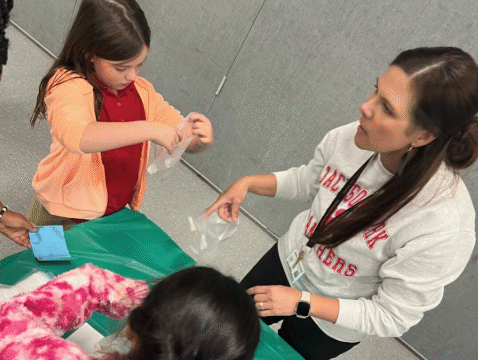Innovation in education doesn’t happen in isolation—it’s driven by bold leaders who challenge the status quo, reimagine learning, and inspire lasting change. By studying the approaches of educational innovators, school leaders can uncover valuable lessons that guide transformation, empower educators, and improve student outcomes. These lessons reveal that successful leadership in today’s schools is rooted in curiosity, courage, and collaboration.
What Sets Educational Innovators Apart
Educational innovators are forward-thinkers who:
- Embrace change and seek creative solutions to persistent challenges
- Prioritize student-centered learning over traditional compliance models
- Build collaborative cultures that support experimentation
- Leverage technology to personalize and enhance education
- Maintain a strong moral purpose focused on equity and access
Their leadership is grounded in action, reflection, and a deep belief in the potential of every learner.
Leadership Lessons from Educational Innovators
- Start with a Clear Purpose: Visionary leaders begin with “why.” They articulate a compelling mission that unites the school community around a shared goal. Whether it’s improving literacy or expanding digital learning, purpose drives every decision.
- Empower Educators: Innovation thrives when teachers are trusted and supported. Innovative leaders encourage professional autonomy, provide time for collaboration, and offer continuous learning opportunities.
- Embrace Risk and Learn from Failure: Innovators see failure as part of growth. They create safe spaces where experimentation is valued and missteps are used as stepping stones toward success.
- Design Learning with Students in Mind: Student voice, choice, and relevance are at the heart of innovative schools. Leaders prioritize flexible learning environments, real-world connections, and personalized pathways.
- Foster a Culture of Collaboration: Strong innovators build networks—both within and beyond their schools. They know that great ideas come from collective effort and diverse perspectives.
- Use Technology Strategically: Tools should serve learning, not the other way around. Innovators use technology to deepen engagement, expand access, and support data-informed instruction.
- Stay Rooted in Equity: Educational innovators understand that true progress includes every learner. They confront barriers, adapt practices, and advocate for inclusive policies that close opportunity gaps.
Applying These Lessons in Your School
- Reflect on Your Leadership Values: What matters most in your school community? How can your actions reflect those values?
- Start Small, Think Big: Launch pilot programs, test new teaching models, and scale what works.
- Invest in Your Team: Professional growth is key to sustained innovation. Create structures that promote learning and leadership at all levels.
- Celebrate and Share Success: Highlight stories of innovation in staff meetings, newsletters, and community events to build momentum and inspire others.
Conclusion
The most powerful leadership lessons come from those who dared to do things differently. Educational innovators show that real change is possible when leaders are guided by purpose, open to new ideas, and committed to equity. By learning from their examples, today’s school leaders can drive meaningful transformation—creating learning environments where every student can thrive in a changing world.





